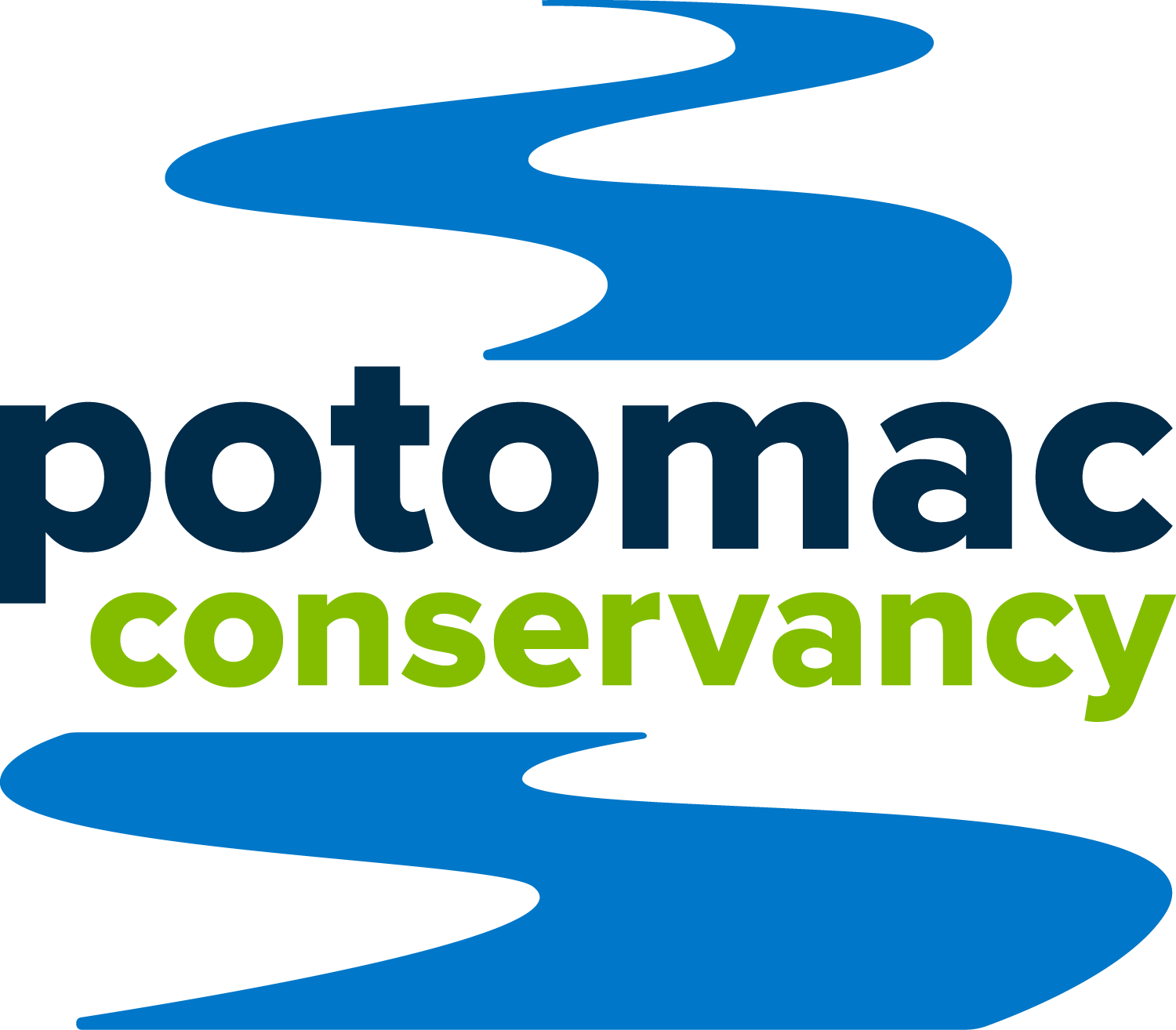5 recent policy wins for the Potomac River you should know about
/These pieces of legislation are critically important for clean water, healthy lands, and our collective well-being
Seneca Creek State Park in Montgomery County, Md. Image courtesy of Chesapeake Bay Program
Restoring the Potomac River to full health is a community-wide effort that requires many strategies to return clean, safe waters to local streams. Waterways are only as healthy as the lands that surround them. Potomac Conservancy gets to the source of pollution problems by protecting and restoring streamside forests that naturally absorb and filter polluted runoff.
We combine the power of local land conservation with clean water advocacy work—because strong water protection laws have broad impacts that positively benefit not just the Potomac, but all of us who depend on it for the water we drink.
So! Curious about new policies impacting our local environment and waterways? Want to know more about how they’re affecting public health, helping tackle the climate crisis, and increasing the resilience of our communities? We’ve got you!
Read on to learn more about the bills Potomac Conservancy supported during this year’s legislative sessions on a county-, state-, and federal level, why exactly they matter, and what we are working on next.
Maryland
Flooding in Annapolis. Image courtesy of Chesapeake Bay Program
1. Climate Solutions Now Act has passed!
What it is: The most significant environmental bill to pass this year that makes Maryland one of the top states in terms of addressing the global climate crisis.
Why it matters: This landmark omnibus measure calls for a 60% reduction in climate-warming carbon emissions by 2031 (unmatched by any other state) and establishes 2045 as the year the state intends to become carbon neutral. The law also defines “overburdened” and “underserved” communities, making it easier for future environmental policies to address the inequities facing low-income communities and communities of color.
How we supported it: Potomac Conservancy helped lay a strong foundation for public support and support by elected officials to introduce and pass the Climate Solutions Now Act of 2022. In 2021, we actively pushed for a stronger version of this bill by sharing action alerts created by the Maryland League of Conservation Voters and Chesapeake Climate Action Network, emailing and calling state elected officials, creating a template for writing personalized letters of support from members of our community, and sharing this template with partner organizations.
Status: Passed by the Maryland General Assembly! Governor Hogan let the bill become law without his signature. Read more here.
A farm in Prince George’s County, Md. Image courtesy of Chesapeake Bay Program
2. Urban Agriculture Grant Fund (HB1216 / SB0942) has passed!
What it is: This legislation will provide greater and more equitable funding support to small-scale urban farmers throughout Maryland that serve local communities by providing fresh produce in food deserts (selling food at farmers’ markets and through community supported agriculture).
Why it matters: Community-based agriculture should be supported, accessible, and of benefit to all Marylanders. It is important for urban farmers to have equitable access to state agriculture funding programs that meet their needs so that they’re able to continue providing fresh produce in food deserts—areas predominantly inhabited by Black, Indigenous, and People of Color.
How we supported it: Potomac Conservancy supported lead organizations Chesapeake Bay Conservancy and Clean Water Action whose meticulous work contributed to the bill’s smooth passing.
Status: Signed into law! Read more here.
Farmland in Maryland. Image by Mr.TinMD via Flickr CC
3. Maryland Heirs Property Law (HB0777 / SB0092) has passed!
What it is: This legal update will help prevent the loss of (especially Black-owned) farmland upon the death of an individual farmland owner who did not have a will when there are multiple heirs.
Why it matters: The Maryland Heirs Property Law is an important step in advancing equity and protecting local lands and waters. Lack of legal clarity when a farmland owner dies without a will often leads to predatory practices by developers who divide and purchase the land at less than market value and transition it from farmland to impervious surface. In addition, this bill opens up the ability to apply for grants to implement agricultural conservation practices even if the farmland is owned by multiple people.
How we supported it: Potomac Conservancy signed a support letter (created by lead organization Chesapeake Conservancy) that was submitted to state elected officials.
Status: Signed into law! Read more here.
Potomac River. Image by Potomac Conservancy
Virginia
4. Virginia enacts a two-year state budget with historic clean water investments
What it is: Virginia operates on a biennial budget cycle and its Governor proposes a budget bill to the General Assembly to be adopted in even-numbered years (in odd-numbered years, the budget gets amended). Outgoing Gov. Northam released a proposed budget for 2022-2024 in December of last year, but with Gov. Youngkin sworn in in January 2022, major changes to the budget were expected.
Why it matters: Thanks to a budget surplus of $2.6 billion (largely due to federal COVID relief funds), the main question was how to deploy these additional resources—and how much would be directed toward critical environmental programs.
How we supported it: Throughout the legislative session, Potomac Conservancy pushed for major land conservation and clean water investments in the Commonwealth. In February 2022, we mobilized the local community to voice their support for these essential dollars through a successful petition drive. We worked hard behind the scenes to advocate for (and help win!) over $450M in funding for Virginia’s agricultural cost-share program for farmers to implement best management practices, the Stormwater Local Assistance Fund to help communities reduce polluted runoff and flooding, multi-use trails and land conservation (including farmland, battlefields, and land preservation), programs to stop combined sewer overflows from sending untreated sewage into our waterways, as well as the Trees for Clean Water program to increase Virginia’s tree canopy, and the New Kent tree nursery.
Status: After a very successful legislative session, Gov. Youngkin signed a state budget with historic levels of land conservation and clean water investments! Read more here.
Ferry Point Park in Queen Anne’s County, Md. Image by Matthew Beziat via Flickr CC
Federal
5. Chesapeake National Recreation Area designation is underway!
What it is: U.S. Senator Chris Van Hollen and Congressman John Sarbanes (both D-Md.) are leading the work to create a unified Chesapeake National Recreation Area (CNRA) in an effort to bring national recognition and greater opportunities to the Chesapeake Bay region. The CNRA working group’s guiding principles will help draft legislation that will lay out key goals and objectives for designating a unified Chesapeake National Recreation Area.
Why it matters: A unified National Park System designation would provide an opportunity to help conserve the Bay, improve equitable access to it, deliver additional federal resources, increase environmentally conscious tourism, and spur sustainable economic growth and prosperity across the watershed.
How we supported it: As part of the CNRA working group (that consists of federal and state lawmakers and over 30 regional stakeholder organizations), Potomac Conservancy actively participated in shaping the guiding principles as they highlight the importance of conserving and protecting the Chesapeake Bay lands, local community engagement, and equitable access to outdoor recreation, supporting our vision of a healthy, vibrant, resilient watershed with clean water, thriving ecosystems, and outdoor opportunities available to all.
Status: A draft bill is currently under review with the Department of the Interior. Next, the draft legislation will be made available for public comment. Learn more about the CNRA guiding principles here.
In progress…
Montgomery County Forest Coalition is pushing for a stronger Forest Conservation Law!
What it is: The “net gain of forest" amendment to the county’s thirty-year-old Forest Conservation Law is a critical legislative update propelling Montgomery County to protect its forests, the water we drink, public health, and community resilience in face of the climate crisis.
Why it matters: Healthy and abundant forests are vitally important for clean water, our community’s well-being, and our quality of life. Protecting existing forests as well as planting new forests is one of the most effective nature-based solutions to help mitigate the climate crisis and safeguard public health. But Montgomery County's outdated forest protection laws only require the bare minimum replanting when forest is lost to development—all the while neighboring counties such as Frederick, Howard, Carroll, and Anne Arundel have each implemented stronger forest conservation laws. Forests play a critical role in our community, and it’s crucial that Montgomery County strengthen its forest protections to not only achieve “no net loss of forest” but a “net gain of forest.”
How we supported it: As a co-founder of the Montgomery County Forest Coalition, Potomac Conservancy has helped mobilize local community members to voice their support for stronger forest protections and advocated directly with the Planning Commission and County Council members. Through comprehensive training and ongoing support, our Policy Director Sara Amán and Audubon Naturalist Society’s Denisse Guitarra helped equip local community members with effective advocacy tools to share their stories and provide critical testimony in support of stronger forest protections—now and for future generations.
Status: Montgomery County Council is finalizing a bill to update the Forest Conservation Law, and we, along with our Montgomery County Forest Coalition partners, hope that the bill will be introduced by the Council by September 16. We are currently urging the County Council to introduce and pass the strongest possible Forest Conservation Law and are mobilizing community members to call on their local electeds to support this critical piece of legislation. Read more here.
What you can do to help: We need to make sure that councilmembers know this is an important issue to their constituents—and that they take action by September 16. Send a message to the County Council calling for stronger forest protections today!
















